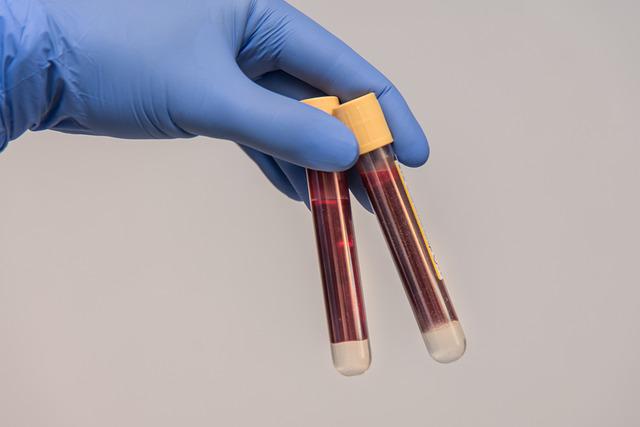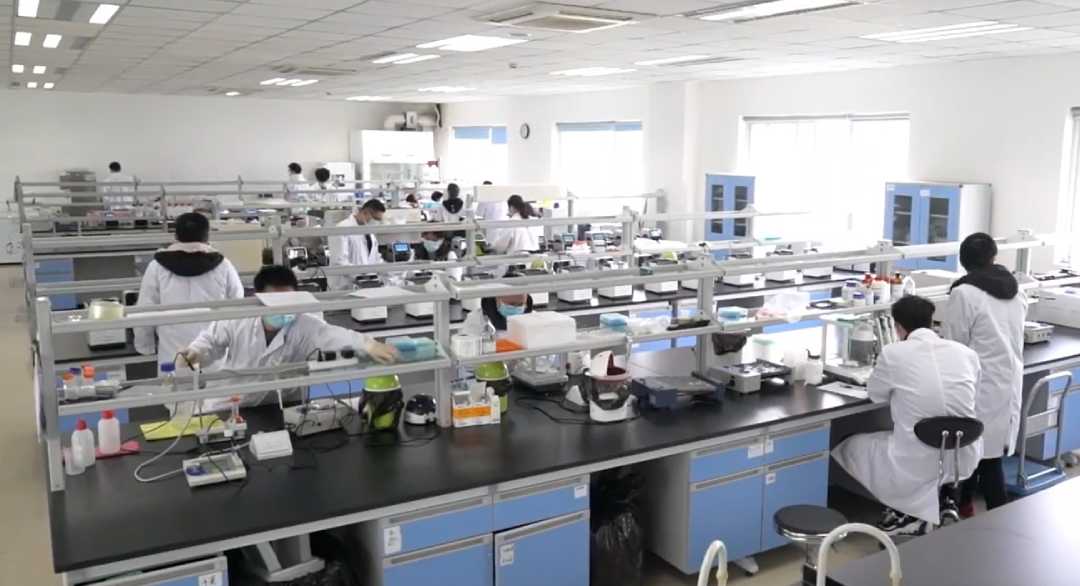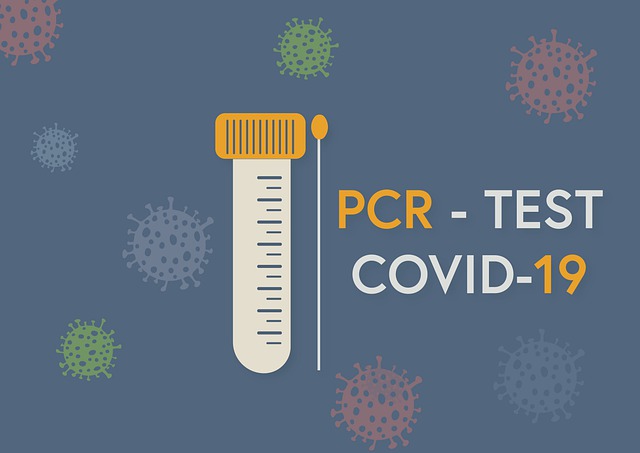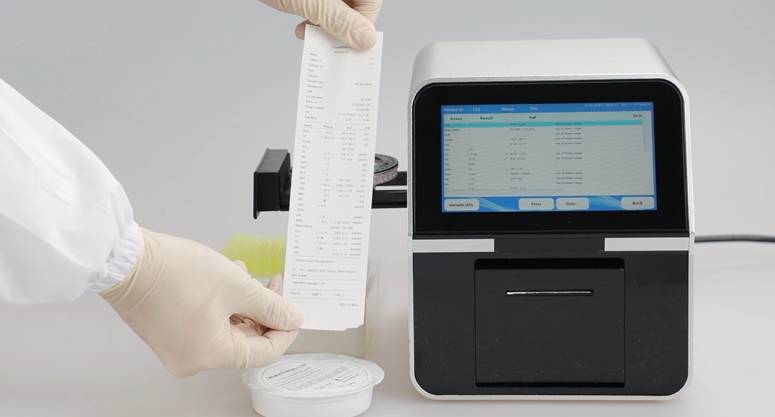There is a big difference between blood biochemistry and routine blood test. Blood biochemistry mainly checks kidney function, liver function, cardiac enzyme profile, electrolytes, etc. They react to diseases such as liver. Routine blood mainly checks white blood cells, red blood cells, platelets, etc. This test checks yes there is no infection, anemia, etc.
When you are not feeling well, you need to have the corresponding examination. Generally speaking, routine blood tests are needed as a basis for diagnosis of many diseases. There is another kind of test, blood biochemistry, which many people are not familiar with, so they want to understand it, so they can look at the difference between blood biochemistry and routine blood tests together.

Blood biochemistry test
There is a clear difference between blood biochemistry and routine blood tests, and the main difference lies in the different items that need to be examined. In addition, the significance for the diagnosis of the disease is also different.
Biochemical tests include electrolytes, including potassium, sodium, chloride, calcium, magnesium, phosphorus, etc. Blood biochemistry also includes kidney function, such as urea nitrogen, creatinine, uric acid, etc. Blood biochemistry also includes liver function, such as glutamic oxalacetic aminotransferase, glutamic alanine aminotransferase, transpeptidase, total bilirubin, direct bilirubin, indirect bilirubin, total protein, albumin, globulin, etc. It also includes cardiac enzymes and blood lipids. In general, blood biochemistry test is to check the level of various ions, sugars, lipids, proteins, enzymes, hormones and various metabolites in the blood. Through this test, it mainly reflects the disease of the internal organs of the body and whether there is abnormal performance.
Routine blood test
Routine blood tests include the examination of blood cells, such as white blood cells, red blood cells, neutrophils, platelets and hemoglobin. Routine blood tests can check whether the body has infections, anemia, or has diseases of the blood system. So there is a significant difference between routine blood tests and blood biochemistry.
Routine blood tests can detect abnormalities that occur when diseases occur, while blood biochemistry is better able to diagnose diseases and provide further treatment. Routine blood tests are performed by drawing blood, then analyzing it with a blood cell analyzer and reporting the results by computer. This procedure has become a routine procedure for examining patients, which is why it is called a routine blood test.
There are relatively obvious differences between blood biochemistry and routine blood tests, so patients can also have a comprehensive understanding during the test, and they should actively cooperate well with whatever kind of test is performed. Generally speaking, some items require fasting during routine blood tests, so it is important to follow the doctor's instructions and cooperate well. No food or water should be consumed before the test to avoid affecting the treatment. In addition, you should pay attention to regulate your emotions during the test, if you are too nervous, this will also affect the normal results of the test.



